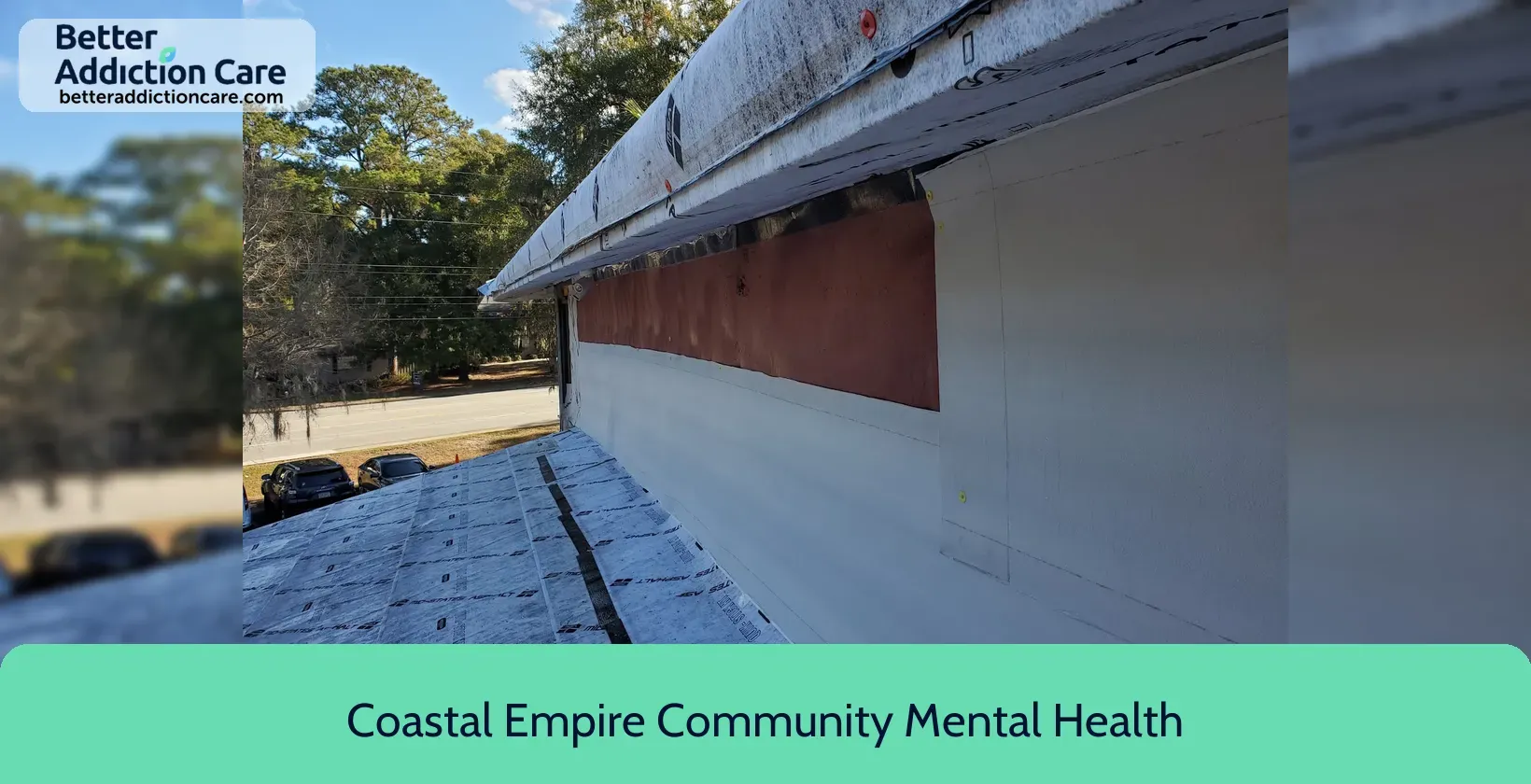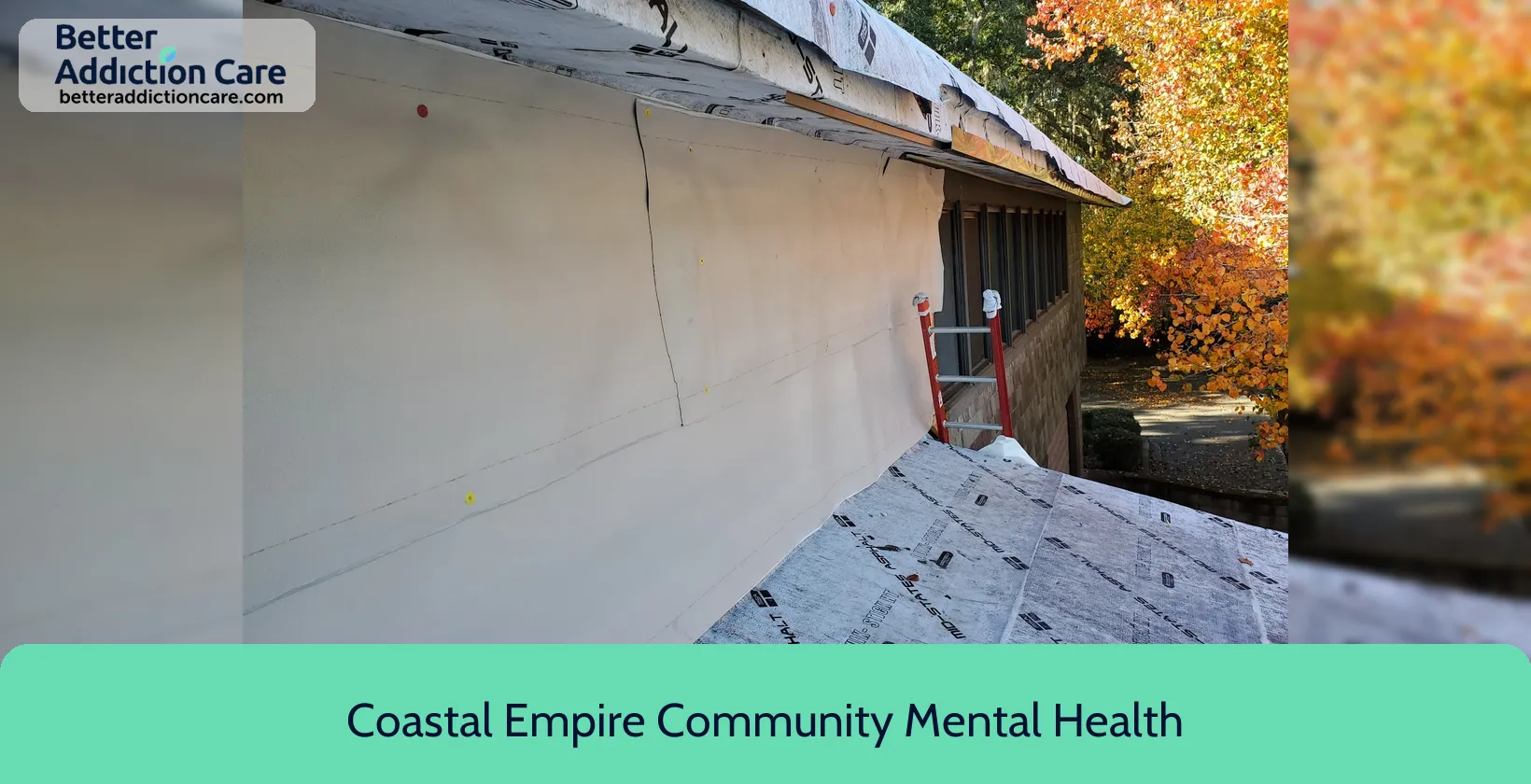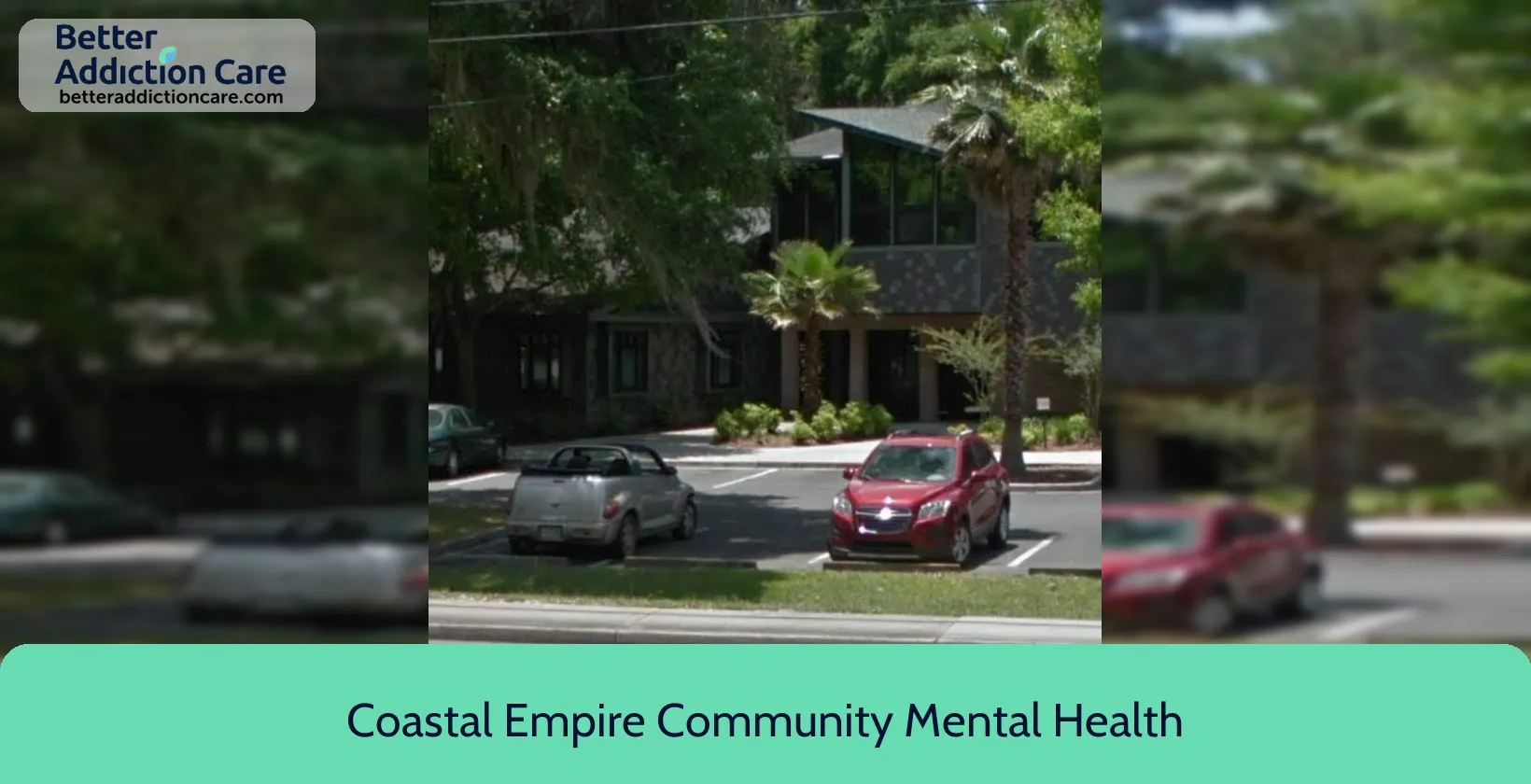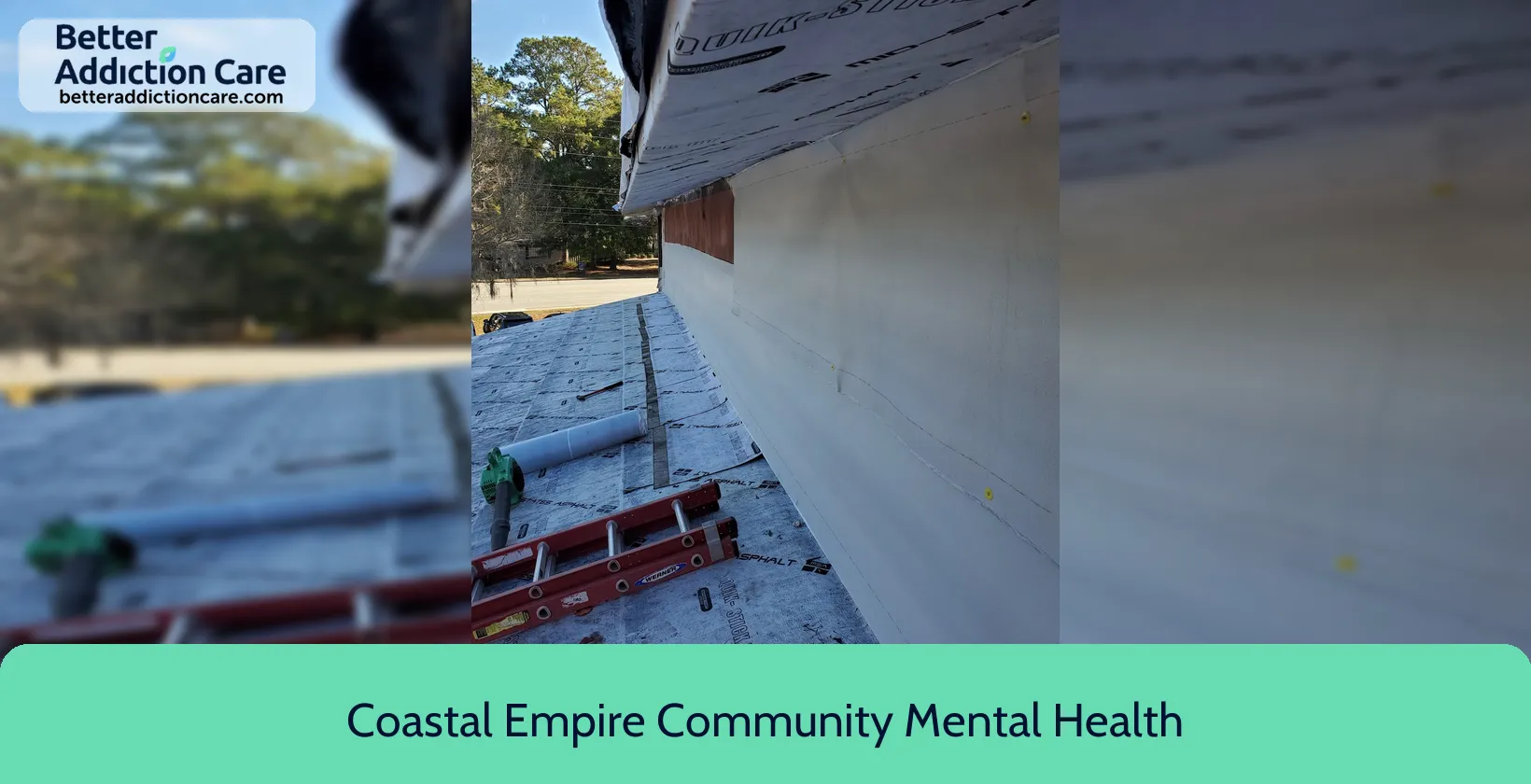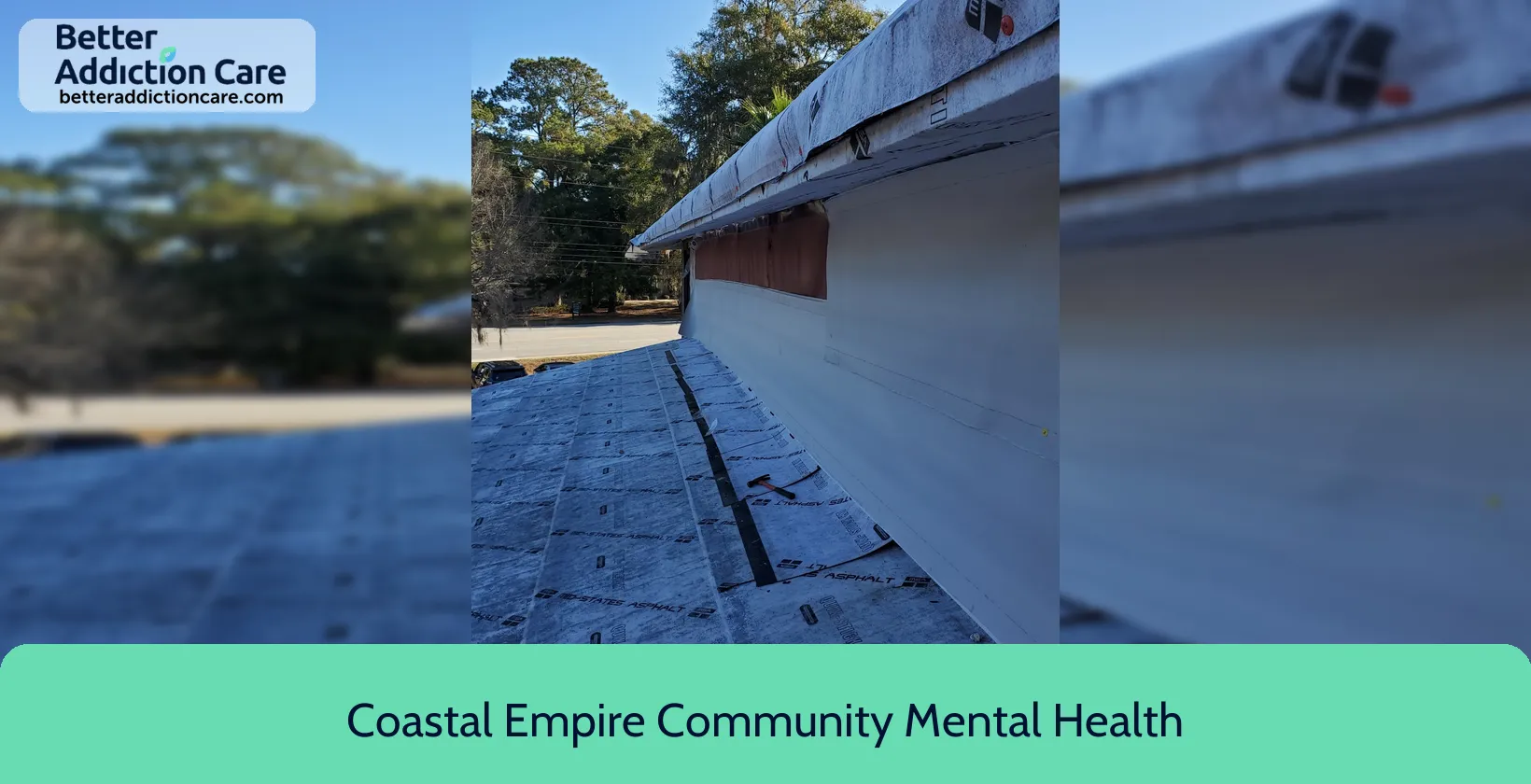Coastal Empire Community Mental Health Center - Beaufort Mental Health Clinic
Overview
Coastal Empire Community Mental Health Center - Beaufort Mental Health Clinic is a mental health treatment center for people seeking treatment near Beaufort County. As part of their treatment modalities for recovery, Coastal Empire Community Mental Health Center - Beaufort Mental Health Clinic provides couples/family therapy, group counseling, and cognitive behavioral therapy during treatment. Coastal Empire Community Mental Health Center - Beaufort Mental Health Clinic is located in Beaufort, South Carolina, accepting cash or self-payment for treatment.
Coastal Empire Community Mental Health Center - Beaufort Mental Health Clinic at a Glance
Payment Options
- Cash or self-payment
- Medicaid
- Medicare
- State-financed health insurance plan other than Medicaid
- Private health insurance
Assessments
- Screening for tobacco use
- Comprehensive mental health assessment
- Comprehensive substance use assessment
Age Groups
- Seniors or older adults
- Young adults
- Children/adolescents
- Adults
- Seniors
Ancillary Services
- Assertive community treatment
- Case management service
- Court-ordered outpatient treatment
- Diet and exercise counseling
- Education services
Highlights About Coastal Empire Community Mental Health Center - Beaufort Mental Health Clinic
6.71/10
With an overall rating of 6.71/10, this facility has following balanced range of services. Alcohol Rehabilitation: 8.00/10, Drug Rehab and Detox: 6.00/10, Insurance and Payments: 6.00/10, Treatment Options: 6.85/10.-
Alcohol Rehabilitation 8.00
-
Treatment Options 6.85
-
Drug Rehab and Detox 6.00
-
Insurance and Payments 6.00
Treatment At Coastal Empire Community Mental Health Center - Beaufort Mental Health Clinic
Treatment Conditions
- Mental health treatment
- Substance use treatment
- Co-occurring Disorders
Care Levels
- Outpatient
Treatment Modalities
- Couples/family therapy
- Group counseling
- Cognitive behavioral therapy
- Dialectical behavior therapy
- Telemedicine/telehealth therapy
Ancillary Services
Languages
- Sign language services for the deaf and hard of hearing
Additional Services
- Pharmacotherapies administered during treatment
- Mentoring/peer support
- Laboratory testing
Special Programs
- Clients with co-occurring mental and substance use disorders
- Members of military families
- Criminal justice (other than DUI/DWI)/Forensic clients
- Clients with HIV or AIDS
- Clients who have experienced trauma
Contact Information
Read our Most Recent Article About Drug Addiction
DISCLAIMER: The facility name, logo and brand are the property and registered trademarks of Coastal Empire Community Mental Health Center - Beaufort Mental Health Clinic, and are being used for identification and informational purposes only. Use of these names, logos and brands shall not imply endorsement. BetterAddictionCare.com is not affiliated with or sponsored by Coastal Empire Community Mental Health Center - Beaufort Mental Health Clinic.
